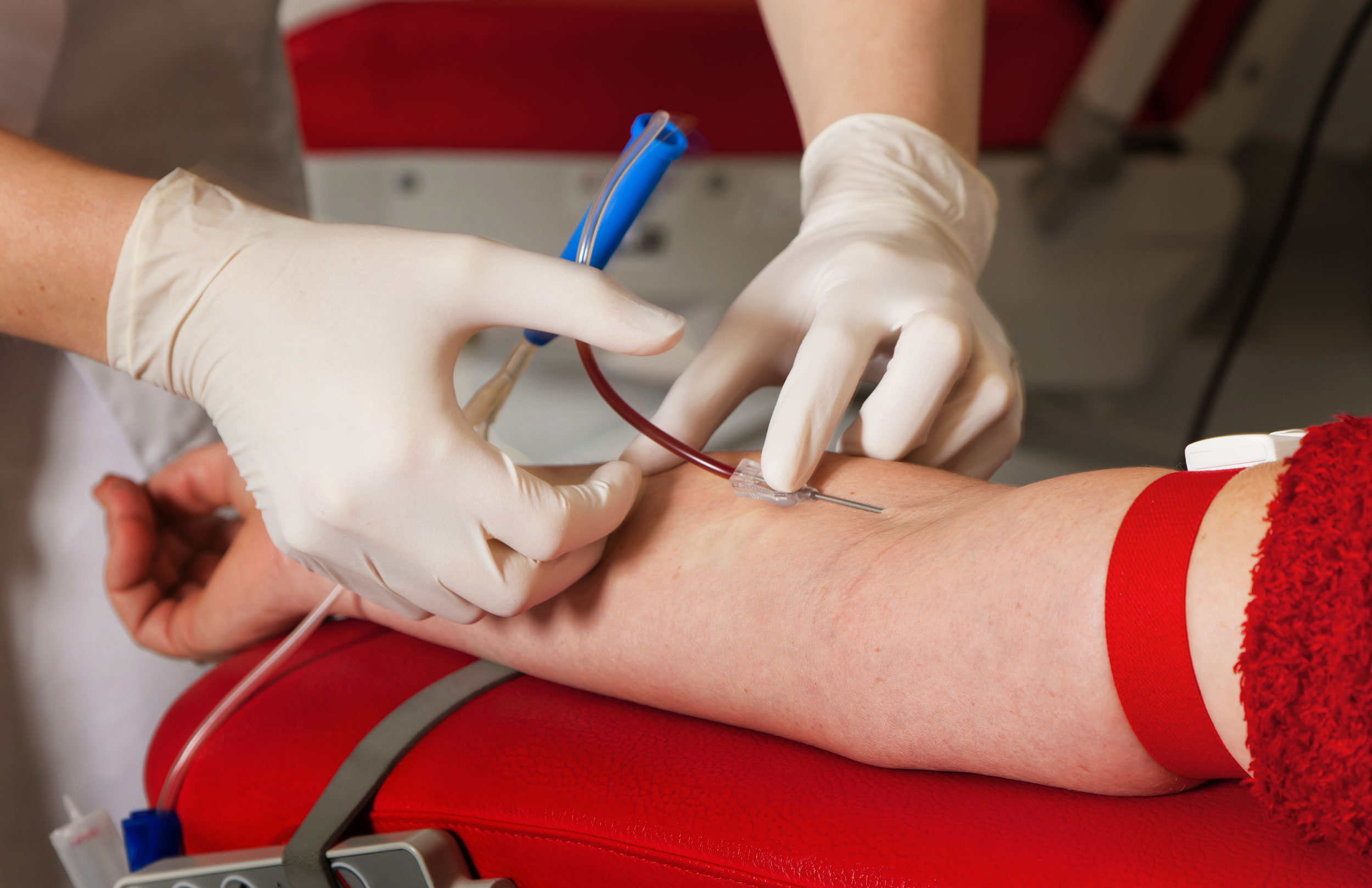« Depuis le 1er janvier 2021, les hommes homosexuels doivent respecter une abstinence sexuelle de 12 mois pour pouvoir donner leur sang au Luxembourg. En Belgique, la même réglementation est actuellement en vigueur, mais un débat a récemment eu lieu sur la discrimination sous-jacente qui existe toujours avec cette réglementation et sur l’ambition de mettre fin à cette discrimination.
Même si certains pays, comme la France et l’Autriche, ont réduit la durée de l’abstinence sexuelle de 12 à quatre mois, il existe dans ces pays encore toujours une discrimination à l’encontre des hommes homosexuels vivant dans une relation monogame.
D’autres pays encore, dont la Grande-Bretagne et l’Italie, suivent le principe du risque individuel. Il s’agit d’une appréciation individuelle du comportement sexuel qui détermine si l’on est exclu du don de sang, et non l’appartenance à un groupe social, en l’occurrence la communauté gaie.
Dans ce contexte, nous aimerions poser les questions suivantes à Madame la Ministre de la Santé :
- Quand la révision des critères relatifs au don de sang par le groupe de travail qui en est chargé sera-t-elle achevée ?
- La discrimination actuelle à l’encontre des personnes homosexuelles et bisexuelles sera-t-elle levée ? Dans la négative, pour quels motifs ?
- Madame la Ministre, n’est-elle pas d’avis que le modèle britannique pourrait servir d’exemple ? »








